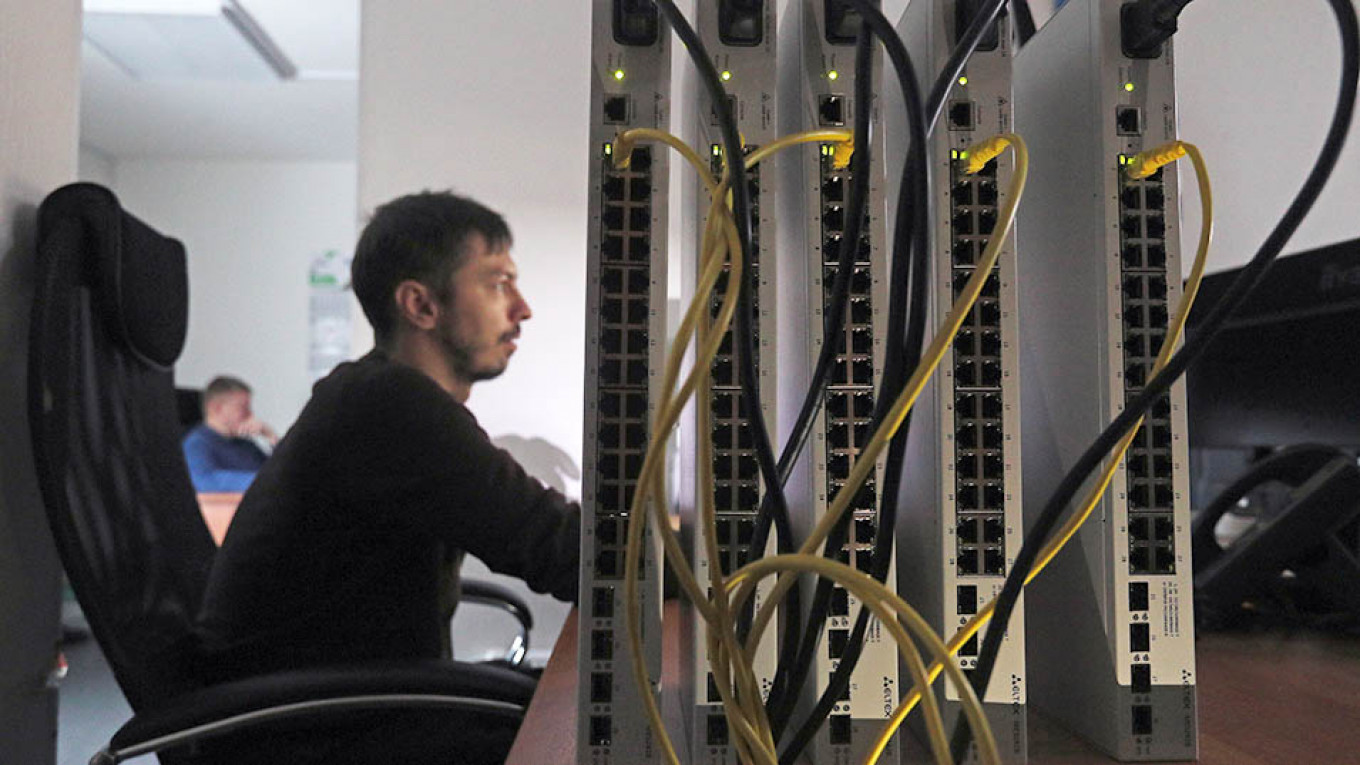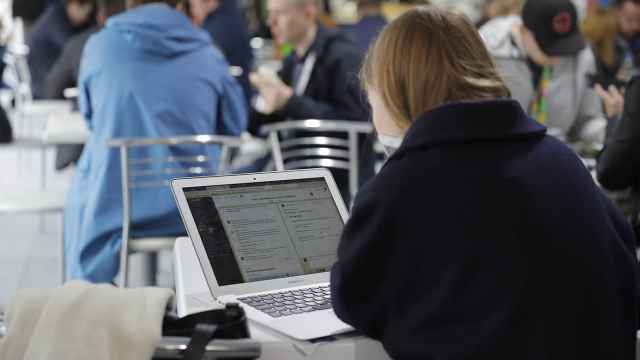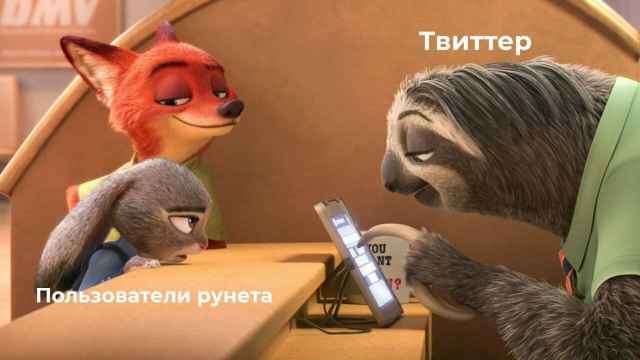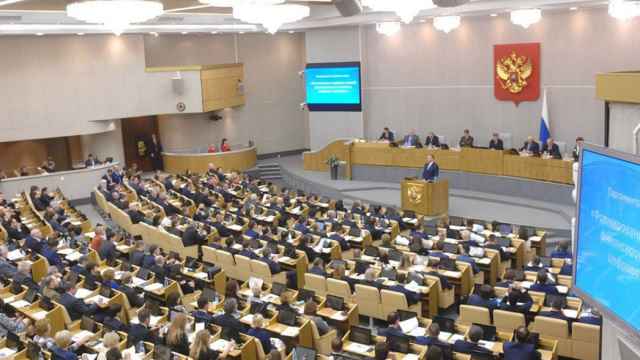Russian providers experienced slow connections and disruptions during test runs last fall for compliance with Russia’s so-called internet isolation law, according to the providers’ report to the government cited by the RBC news website Monday.
At least one provider in Russia’s Urals Federal District said it was unable to block the popular messaging app Telegram, which a federal court banned in 2018 over encryption keys. Overall, five providers reported slowdowns, low-quality signals and even temporary outages during the tests, according to RBC.
“A number of problems arose during the pilot implementation,” RBC quoted an unnamed source close to one of the test’s participants as saying. “Its main goal was to identify and solve them.”
The providers reportedly submitted their reports detailing the glitches they had encountered in the Urals, which encompass six regions in central Russia, to the Communications Ministry in late November. Tools including deep package inspection (DPI) were installed throughout the district between August and September but were “switched on for short periods” in November 2019, RBC reported.
At least three providers reported having no connectivity issues during the tests.
The ministry, the providers and the state communication watchdog Roskomnadzor did not comment on the report.
Russia’s internet isolation law came into force on Nov. 1, in response to what officials call the "aggressive nature" of the United States’ cybersecurity strategy.
One part of the law calls for the creation of an alternative domain name system (DNS) that would allow Russia to disconnect from the rest of the internet in case of an emergency. Another part requires the installation of DPI tools which allow the authorities to decrypt and block traffic.
The law requires state-run institutions and security services, as well as all communications operators, messengers and email providers, to participate in government-run tests of the network. Authorities say the tests do not affect regular internet users.
Free speech activists say the “sovereign internet” law will lead to increased government surveillance of Russia’s cyberspace. President Vladimir Putin has insisted that Russia does not intend to cut off its internet users from the outside world.
A Message from The Moscow Times:
Dear readers,
We are facing unprecedented challenges. Russia's Prosecutor General's Office has designated The Moscow Times as an "undesirable" organization, criminalizing our work and putting our staff at risk of prosecution. This follows our earlier unjust labeling as a "foreign agent."
These actions are direct attempts to silence independent journalism in Russia. The authorities claim our work "discredits the decisions of the Russian leadership." We see things differently: we strive to provide accurate, unbiased reporting on Russia.
We, the journalists of The Moscow Times, refuse to be silenced. But to continue our work, we need your help.
Your support, no matter how small, makes a world of difference. If you can, please support us monthly starting from just $2. It's quick to set up, and every contribution makes a significant impact.
By supporting The Moscow Times, you're defending open, independent journalism in the face of repression. Thank you for standing with us.
Remind me later.






